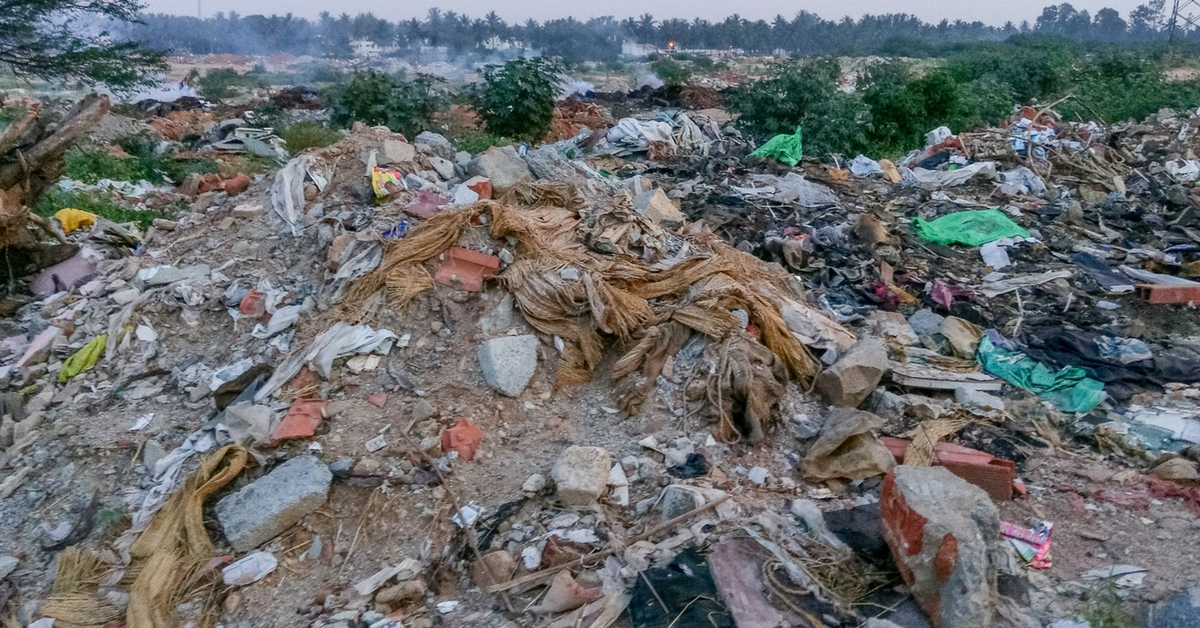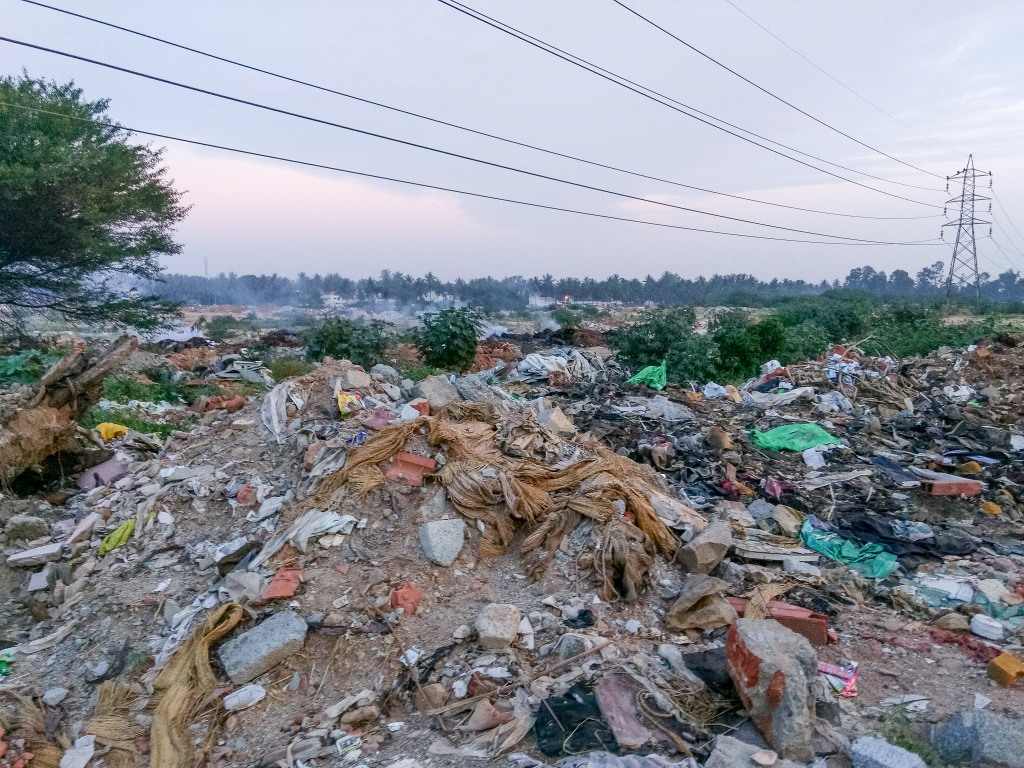Agriculture Dept Comes to the Rescue, Will Convert Bengaluru’s Waste Into Manure for Farmers
Executed in collaboration with BBMP and Karnataka Compost Development Corporation, the compost will be distributed to farmers in three districts for subsidized prices.

Bengaluru’s long-running struggle with waste management comes one step closer to a sustainable solution. The state’s Agriculture Department has offered to collect the city’s garbage and convert it to compost.
The compost will be distributed to farmers across Karnataka for subsidized rates.

The announcement was made by Agriculture minister C. Krishna Byregowda. The scheme is a joint collaboration between Bruhat Bengaluru Mahanagara Palike (BBMP), Karnataka Compost Development Corporation (KCDC) and the Agriculture Department.
The distribution will be launched on pilot basis in the three districts of Kolar, Chikkaballapura and Ramanagara.
“If the initiative proves to be a success, then BBMP and KCDC will scale up the production of organic manure. It will help solve the problem of garbage disposal in Bengaluru city,” the minister told Deccan Herald.
To be part of the initiative, farmers in the applicable districts will have to register themselves with their local Raitha Samparka Kendras. The compost will be delivered to the farmers directly in a week or fortnight. While the usual cost of converting 1 tonne of garbage is around Rs 1,600, the manure will be distributed to farmers at a reduced price of ₹800.
You might also like: This Innovative Soil-Less System Could Be an Answer to Every Farmer’s Woes
The BBMP has become increasingly stringent abut waste segregation and management, but struggles with a number of challenges, including reluctance among citizens and excess compost.
Up to 350 tonnes of mixed waste is sent for manure conversion daily at KCDC’s Bomanhalli composting yard. The corporation presently stocks almost 5,500 tonnes of converted compost, and the government will initiate awareness drives for farmers to procure these fertilizers.
Many parts of Karnataka have been severely affected by drought, including Kolar and Chikkaballapura districts. With the government constructing over 1,00,000 agriculture ponds across the state to aid farmers, the subsidized compost may serve to boost the soil capacity.
Like this story? Or have something to share? Write to us: [email protected], or connect with us on Facebook and Twitter.
NEW: Click here to get positive news on WhatsApp!
If you found our stories insightful, informative, or even just enjoyable, we invite you to consider making a voluntary payment to support the work we do at The Better India. Your contribution helps us continue producing quality content that educates, inspires, and drives positive change.
Choose one of the payment options below for your contribution-
By paying for the stories you value, you directly contribute to sustaining our efforts focused on making a difference in the world. Together, let’s ensure that impactful stories continue to be told and shared, enriching lives and communities alike.
Thank you for your support. Here are some frequently asked questions you might find helpful to know why you are contributing?


This story made me
-
97
-
121
-
89
-
167











